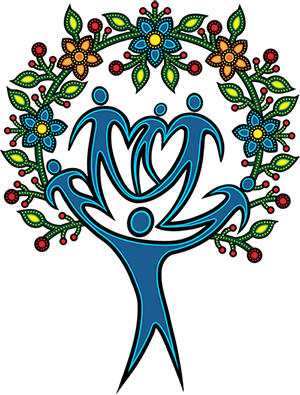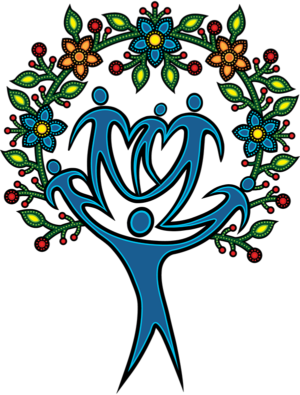Teen Mentoring Toolkit
Tools for planning, implementing and evaluating a quality school or community-based teen mentoring Initiative

Training
“Students are entitled to welcoming, caring, respectful and safe learning environments that respect diversity and nurture a sense of belonging and a positive sense of self.” Education Act.
Mentors
Initial and ongoing mentor training is an essential component of successful teen mentoring initiatives. It serves to prepare students for the role of a mentor by developing needed skills and knowledge as well as an understanding of the roles, responsibilities and characteristics of a successful teen mentor. Training also helps potential mentors to determine if the initiative and commitment is right for them. Teen mentors who receive at least 2 hours of training are more likely to experience higher-quality and closer relationships with their mentees and have longer lasting matches. Students need to participate in training prior to being approved and partnered with a mentee. Initial and ongoing training opportunities will prepare and empower mentors for their role.
Mentor Training Opportunities
- Course Introduction and Learning Objectives
- History of Mentoring
- How to be a Mentor
- The Mentoring Relationship – Dynamics and Guidelines
- Mentoring Programs
Step 4: Tool A – AMP Online Mentor Training – Getting Started document can be shared with students to guide them through the process of using the Alberta Mentoring Partnership’s online mentor training. Students are provided with a certificate upon completion. Students should complete the online training module prior to attending the In Person Training as an introduction to mentoring.
Initiative staff can e-mail mentor.support@albertamentors.ca to set up an admin account to keep track of the students’ participation and grades. Bringing the teen mentors together, each on their own device, and going through the training ensures that each person understands the information. It provides the opportunity to pause and give further explanation or answer questions that may arise. Being on their own device allows them to receive a certificate of participation.
- Develop the skills and characteristics required to build caring mentoring relationships
- Understand the challenges and barriers their mentees may face and how to be sensitive to those issues and their impact on the mentees’ lives
- Gain confidence in their role as a mentor and feel inspired to commit their time to the initiative
You can also access the Mentor Training Event Toolkit for further support in planning, organizing and facilitating the training as a larger scale event.
If there is a mentoring organization in or close to your community, they may be able to assist with the in-person training.


Mentees
Training your mentees will help them get the most out of the mentoring experience. Mentoring initiatives operate best when mentees are taught how to use their mentors for support. Mentee training increases the likelihood of a match succeeding and enhances mentee safety5.
Mentee Training Opportunities
Alberta Mentoring Partnership Online Training Module for Mentees (appropriate for ages 12 & under):
Free resource that provides students with an overview of some of the core concepts of being a mentee. Concepts covered include:
- What is a mentor? What is a mentee?
- Getting to know your mentor
- Let’s be safe and have good boundaries
- My strengths
- All about me
Step 4: Tool B – AMP Mentee Training Handbook provides more information on how to set up and use the online
training module. This resource is appropriate for mentees ages 12 and under.
In Person Mentee Training
Mentees will benefit from opportunities to get to know each other and begin developing a sense of community with
other participants. It is also important that they form relationships with staff so that the match is seen within
a positive, supported context.
Topics that may be included in mentee training include:
- Program expectations, rules, guidelines and commitment
- Mentee roles and responsibilities
- Mentor roles and responsibilities – what a mentor is and what a mentor is not
- Benefits of being a mentee
- Basic communication skills
- Basic problem-solving and conflict resolution skills
- How to best utilize their mentors for support
- Who to talk to if they have questions or when something feels wrong or uncomfortable
- Confidentiality and its limitations
- Child safety
“We acknowledge that we are on and support Mentoring for Youth in the traditional territories across Alberta of the many First Nations from Treaty 6,7,& 8, the Métis of the 8 Alberta Settlements, and Inuit people whose footsteps have marked these lands for centuries.”
